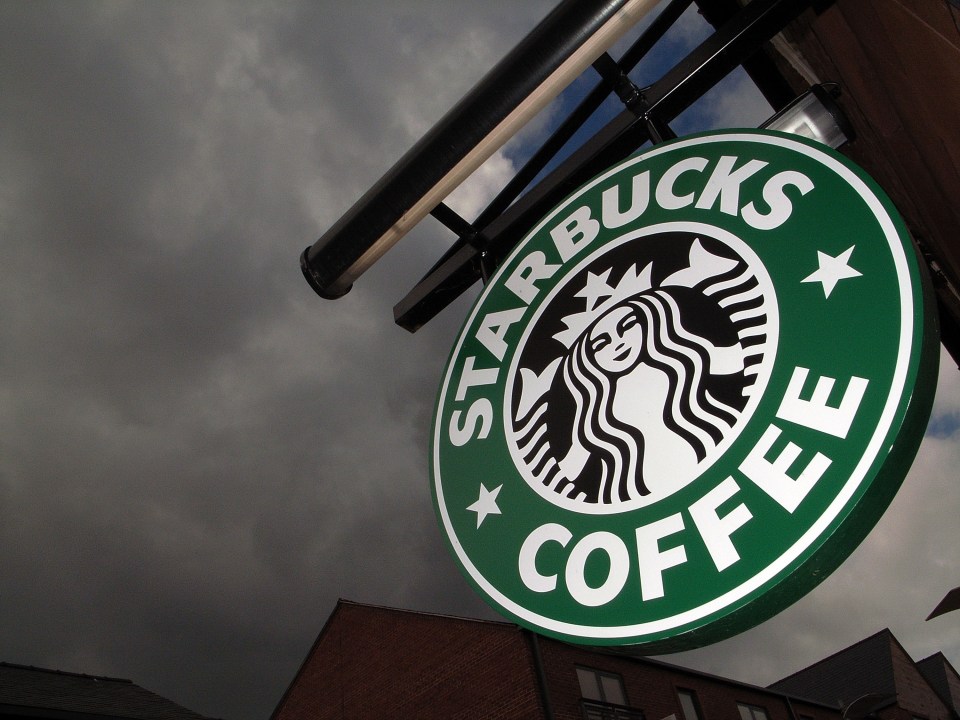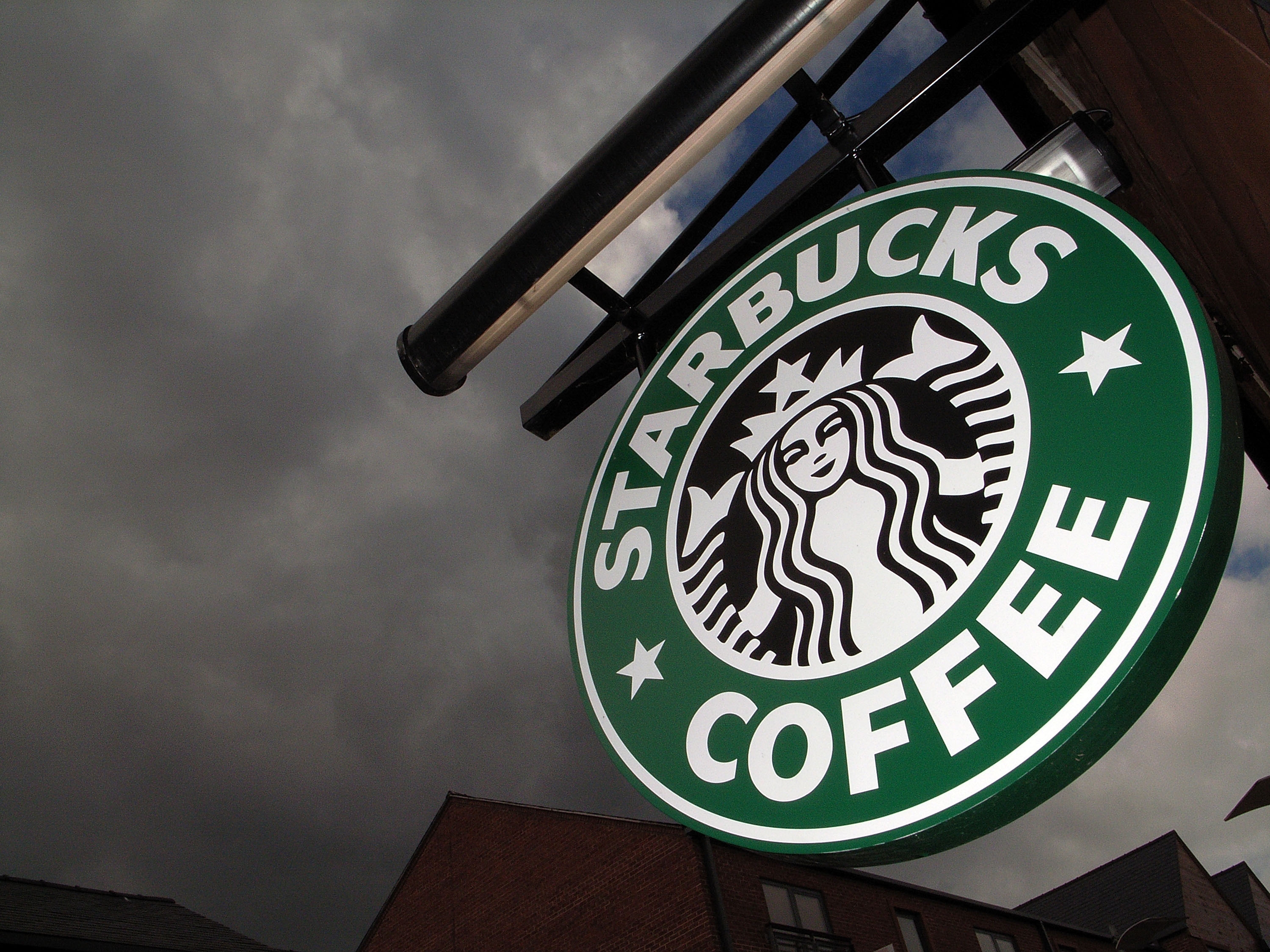It does seem odd that Starbucks can have so many coffee shops in the United Kingdom and yet fail to make any profit from them. I am no expert in these matters but assume Starbucks is merely acting rationally and, in fact, legally. If politicians don’t like this kind of caper they might consider simplifying the tax code. Even for multinationals such as Starbucks, Amazon and Google.
Anyway, all this has people harshing on Starbucks. Again. The coffee chain is a victim of its own ubiquity. Which is just another way of saying that it’s suffering for its successes.
It’s fashionable these days to deride Starbucks as just another faceless mega-chain, sucking the life from British high streets that, in their absence, would be bustling, charming havens of localist shoppers shopping at their locally-owned local store. Well, perhaps but I think it pretty unlikely.
The dark little secret is that most of the coffee consumed in this country would scarcely be considered coffee at all in other parts of europe. 74% of the coffee consumed in Britain is the “soluble” stuff, ie “instant” coffee that, while better than it used to be, is still not coffee as an Italian would understand the term. No-one has ever said Sorry, I’m out of instant will you be able to make do with the real stuff?
Still, 15 years ago instant and other forms of soluble coffee constituted 84% of UK coffee imports. So while roasted, ground, real coffee remains a minority taste it is much more popular than it used to be. Imports of real coffee rose from 385,000 bags in 1997 to 782,000 in 2010. (All these figures are from an International Coffee Organisation PDF.)
Starbucks is a large part of that. Most coffee consumption remains domestic but whereas coffee chains were responsible for 6.6% of overall consumption 15 years ago by 2011 that figure had reached 17.3%. The share of the market held by “other” non-chain coffee-selling enterprises slumped from 23% to 11% in the same timescale.
Clearly, then, this is evidence that the coffee chains – Starbucks, Costa, Cafe Nero, Cafe Ritazza and all the others all of which are basically just the same – have been stomping on the little independent guy who just cannot expect to compete with the bland, familiar reassurance offered by the big chains. That, at any rate, is the version of the story you tend to hear.
But I suspect it’s hooey. I remember the early 1990s and unless my memory is deceiving me I’m pretty sure it is vastly easier to locate a drinkable cup of coffee in any decent-sized British town or city now than it was then.
Nor is this trend confined to the United Kingdom. It’s true of Ireland and the United States too. There’s a reason Starbucks became so successful: most coffee sold in these countries was, before the chains arrived, terrible. Much of it still is. I remember how difficult it was to find a decent cup of coffee in Dublin back then. Nor was Edinburgh much better provisioned. London, I suppose, was more fortunate but even there you could spend a lot of time hunting a drinkable cup of coffee.
I remember a friend returning from a summer in San Francisco – this would have been 1995 or so – and sharing the bags of Starbucks coffee beans he’d brought back. It was like a glimpse from the future: a hip and glamorous place where everyone could easily find a good cup of coffee. If we sneer at the standard of Starbucks coffee these days – and many people do sneer – it is in part because Starbucks has played a part in raising our expectations.
Glamorous? Yes, in a way. Remember the internet was barely a real thing back then (my generation of students were the first to have email addresses; many of us never used them) and it took longer for news and other things to arrive from America and the future.
So Starbucks arrived in the UK in 1997 as something more than a rumour but less than a sure thing. The success of Starbucks and all its imitators has been remarkable. No other place on earth is as addicted to coffee chains as Britain. Starbucks et al have a tiny share of the overall coffee market in other european countries (and, actually, the United States too) but a huge part of the British market.
There is little evidence to suppose, however, that the chains have crowded out the independent coffee store. There is a Starbucks, a Cafe Nero and a Costa within a couple of hundred yards of where I’m writing this in Edinburgh which might, on the face of it, seem like overkill. But there are also at least five other independently-owned coffee shops too. Ar the chain coffee houses – all 5,000 of them – crowding out the little guy or, actually, creating minimum standards for the market? A bit of both perhaps but the little guy being crushed by Costa and Starbucks is probably the little guy who served the worst coffee. Should we weep for his loss?
So there’s this: Starbucks has probably improved your coffee-drinking life even if you never step foot inside a Starbucks shop. Because, again, what chains do is set a floor for standards beneath which it is not wise to fall. Starbucks may not be the best coffee in the world but if you’re competing with Seattle’s largest you better offer something better than they can provide.
The reason Starbucks and other chains have made less impact in, say, Italy or the Netherlands is that these countries were amply-stocked with places you could purchase good coffee before Starbucks et al arrived. Britain? Well, not so much.
Those wealthy consumers who deplore Starbucks and want to stick to their single-tree sourced, Ethiopian high-roast or other comparably trendy, exotic and fussy brews are entitled to their prejudices. But they might at least recall that Starbucks created the market in which they can parade their snobberies. They owe something to Seattle too.
In one sense Starbucks and the other chains are like the NHS. They perform tolerably well at a tolerable price. They are neither world-beaters nor the world’s worst. And that’s fine.
Chains, however much they are criticised by the comfortably off – and it is a feature of these debates that the poor rarely have their voices heard – may be relatively soulless enterprises but the bland reassurance they offer is not worthless. On the contrary, in coffee (and in pizza, incidentally) they drive up standards. Their size and their familiarity force competitors to do better or offer something different.
If the average cup of coffee sold in Britain today is much better than it was 20 years ago – and by god it is you know – then the people to be thanked are the folk who brought Starbucks to the UK. Again, even if you hate the chains (there’s now one chain coffee shop for every 10,000 people in Britain) they have improved your coffee-drinking life. You don’t need to use them but you might at least be honest enough to tip your hat in their direction.








Comments